University of California system hit by affirmative action lawsuit
The recent Harvard lawsuit against affirmative action has sparked another one quite close to home — a law professor from UCLA, Richard H. Sander, is suing the University of California system for allegedly considering race as part of their admissions process.
The lawsuit stems from a possible violation of a special resolution SP-1, a law passed in 1995 that banned the consideration of “race, religion, sex, color, ethnicity, or national origin” in UC admissions. In 1996, Proposition 209 extended this ban to a blanket over all public entities in the state.
The report from Sander found that, in addition to the holistic part of the admissions process, where committees review test scores, grades and extracurriculars, the university system conducts a supplemental review, which considers socioeconomic environments and other hardships students might have faced in high school.
This review was found to disproportionately represent minority groups, such as Latinos and African Americans, while underrepresenting a variety of Asian populations, including Chinese Americans and Indian Americans.
When Sander asked for more evidence from the UCs to bolster his claim, his request was denied, causing him to push the lawsuit, which leads us to the question: Is affirmative action effective, and if so, is it right to prioritize racial and ethnic groups for diversity?
Dougherty students are divided on the issue. While some argue that affirmative action policies at the UCs are integral to true diversity, others see it as discrimination.
“Affirmative action does indeed discriminate against Asians,” senior Rohan Tripathi answered.
This sentiment seemed to hold true throughout the majority of Dougherty’s population. While 29.4 percent of polled students strongly disagree with racial affirmative action, only 8.6 percent strongly agree. 58 percent of students reported a negative opinion of affirmative action while 25.3 percent reported the opposite.
Many students who agree with affirmative action see race-conscious policies as beneficial to all minorities, including Asians.
“I definitely do not think [race] should be the deciding factor or even one that weighs very heavily, but nevertheless it is understandable if it is still a small factor,” senior Bella Hung said. “I personally don’t believe affirmative action discriminates against Asians: we may not be offered the same benefits that affirmative actions grants to other people of color, but it’s completely unfair for us to compare ourselves to other communities that have been discriminated against, hated, and even killed for centuries before ours. At the end of the day, Asians are still able to gain from racial affirmative action, and it helps us much more than it harms us.”
Other students support affirmative action in regard to socioeconomic status, a sentiment even many students against racial affirmative action could agree with.
“I think it’s definitely okay for schools to use race and more specifically, whether the child is the first generation to go to college as a deciding factor for admissions,” senior Vishruti Ganesh said.
“I worry the stress on race supersedes more important factors like income or environment … I think more consideration of socioeconomic lines would be appropriate for UC apps and admission consideration in weighing merits,” Tripathi said. “Equal opportunity by race should be guaranteed instead of providing leeway based on one’s ethnicity.”
Junior Sejal Govindaro agreed, stating: “I think it’s really important to assess the ramifications of history and provide opportunities for rcaes who have been marginalized in this country, but I think a racial quota generalizes and makes assumptions to a certain extent. In the Harvard lawsuit, there was a commonality of ranking Asians very high academically, but they had a lower personal score … It’s incredibly important to not generalize for race but couple this with socioeconomic status, as well as quality of each application individually.”
Govindaro and Sander share very similar stances. The UCLA professor’s argument rests on a certain set of data drawn from “Does affirmative action lead to mismatch? A new test and evidence”, a study conducted at Duke University in 2011.
In short, researchers found that African Americans were underrepresented in college and other forms of higher education by factor of one and a half to three, while students low on the socioeconomic distribution were underrepresented by a factor of eight, indicating to researchers that wealth was more impactful in college admissions and representation than race.
The second prong of his argument is the most cited by opponents of affirmative action, who point to what they consider unequal standards through test scores of admitted students. On average, blacks and Hispanics scored 250 points lower (on a 1600-point scale) on the SAT than whites and Asians (New York Post).
Berkeley philosophy professor John Searle notes that the school “admitted people who could barely read” and that “there was a huge dropout rate of affirmative-action admits in my classes by midterms” because of this test-score gap.
Senior Joshua Wu adds that “affirmative action isn’t even helpful to the students that are supposed to benefit from it. Like, a few studies show that some minority students often get mismatched to their schools because if they are not as qualified as those also going to that school … They have higher dropout rates and lower average grades.”
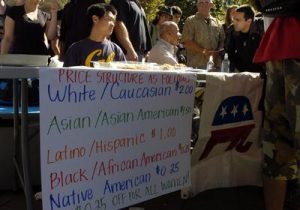
“Cal sophomore Derek Zhou, left, and former Regent Ward Connerly sit behind the table as the Berkeley College Republicans hold a bake sale on the campus in Berkeley, Calif. Tuesday, Sept. 27, 2011. The Republican group held the bake sale with items priced according to ethnicity to protest affirmative action.”
It wasn’t until Prop 209 passed that this gap had shrunk nearly in half to 120 points.
Nevertheless, supporters argue that affirmative action is the most efficient method to attain maximal representation and diversity in California’s universities.
From 1997 to 1998, UC Berkeley’s admission rates for black and Latino applicants at declined steeply from 50 and 45 percent, respectively, to 20 percent and 21 percent within the span of a year. The actual school body was equally impacted: the black and Hispanic population at UC Berkeley fell from 29 to 13 percent (The Guardian).
This raised considerable alarm from the UC system as well as activists for affirmative action.
Jose Lago, a campaign manager for the Defend Affirmative Action Party said, “If minority students are not getting equal access to places like Berkeley, then we’re looking into a future that is again going to be completely resegregated, where racism is going to be the law of the day, where minorities are going to be relegated to second-class treatment. That has to end now, and the UC system can set the trend.”
Many have also pointed out the dichotomy of SAT scores, a common barrier for underrepresented minorities to get acceptance into competitive UCs.
In a Dec. 12 letter from UC Berkeley Chancellor Carol Christ, the college administration has adopted new plans for a five-pronged effort to increase diversity on campus. Corresponding legal action regarding the lawsuit is to develop in the following months.
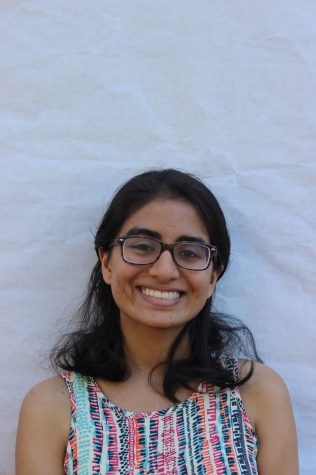
Oce joined the Tribune because she hoped the intelligence and incredible writing skills of people on the staff would rub off on her. This is currently her third year as part of the Journalism staff. She is...
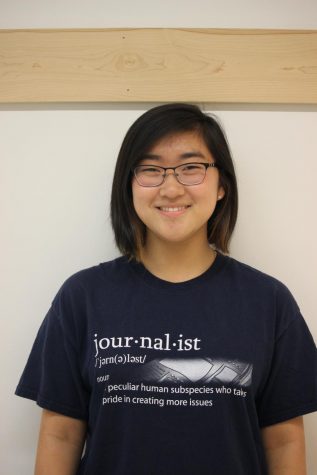
Elisa joined the Tribune because she thought she needed to take advantage of the seventh period as a freshman. She has fallen in love with storytelling and credits journalism for giving her some of the most...
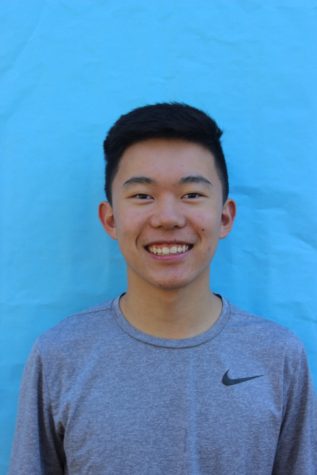
Steven joined the Tribune because he wanted to be more involved in the school, desired to improve his writing skills and needed a sixth period class. As a sophomore, he was a staff writer and became a copy...
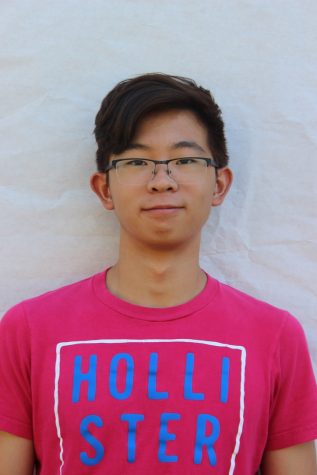
Michael joined the Tribune in sophomore year to work on his writing skills. He has been a staff writer for two years and worked as a copy editor and assistant news editor. Outside of journalism, Michael runs...

Riya Bindlish joined the Tribune to express her writing and opinions. She really really like talking to people and sharing their stories! This will be Riya's third year writing for the Tribune. Sbe was the...
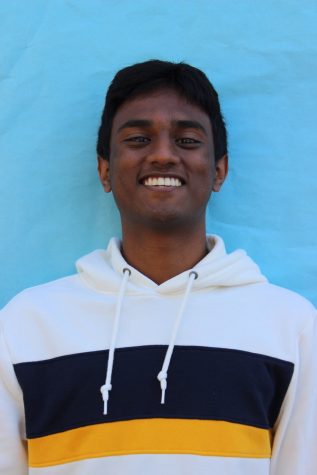
Kavin joined the Tribune his freshman year due to his love for writing and exploring different perspectives. This will be his fourth year in journalism. Kavin enjoys watching "Avatar: The Last Airbender" in...
